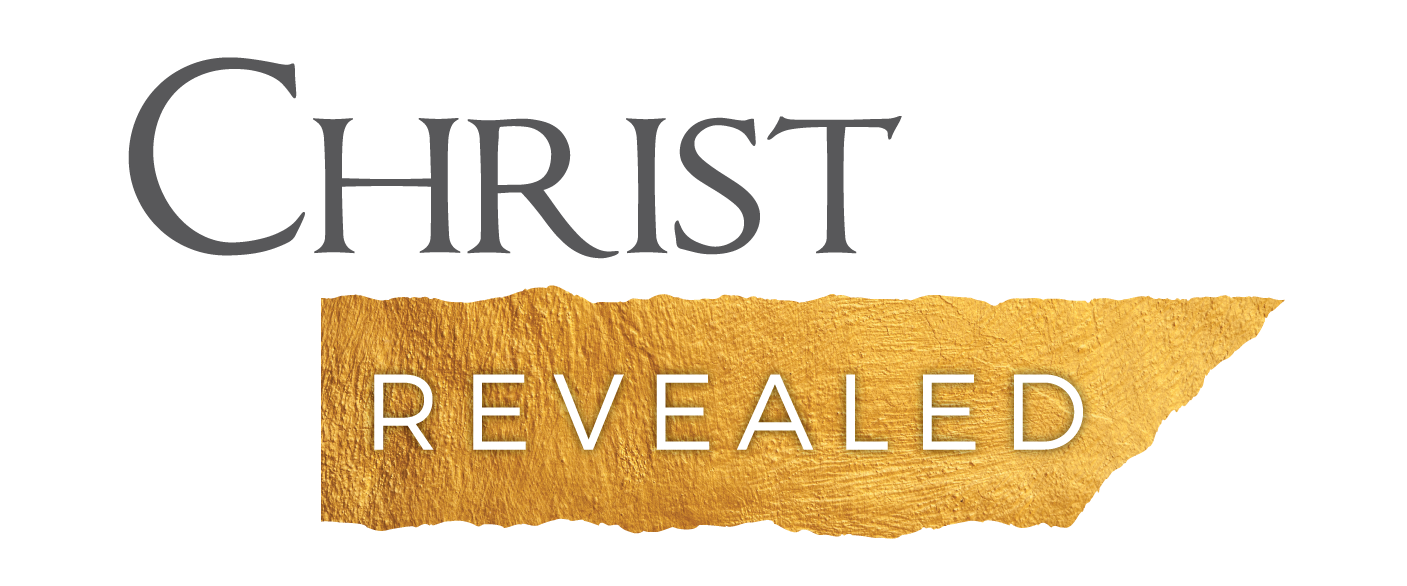The book of Luke is unique in several ways. It’s the only gospel followed by a “sequel” (the book of Acts), and it begins with a unique greeting that tells the reader what the gospel is about…and why it was written:
“Many have undertaken to draw up an account of the things that have been fulfilled among us, just as they were handed down to us by those who from the first were eyewitnesses and servants of the word. With this in mind, since I myself have carefully investigated everything from the beginning, I too decided to write an orderly account for you, most excellent Theophilus, so that you may know the certainty of the things you have been taught.”
Luke 1:1-4, NIV
In his
He’s not just recounting what others have already heard; Luke makes it clear that he has thoroughly investigated the matter—he mentions that the story he’s sharing was passed down through eyewitnesses who were present themselves, and one can imagine that Luke (who was a well-educated doctor, and most likely quite familiar with research and attention to detail) was careful to create an account that was both accurate and clear.
In verses 3-4, Luke writes:
“I too decided to write an orderly account for you, most excellent Theophilus, so that you may know the certainty of the things you have been taught.”
Luke 1:3-4

Have you ever wondered who Theophilus was? He’s mentioned twice, both times in books written by Luke. Although we don’t know much about Theophilus, there are several theories as to who Luke might have been referring to.
Theophilus was most likely a person of influence, as the term “most excellent” was reserved for someone of great social standing. It was used just two other times in the New Testament, and both of those were in cases referring to governors—specifically, to Roman governors.
Theophilus may have been a Roman official who either had become a Christian or was interested in learning more about the faith. Luke’s attention to the Gentiles who came to believe in Jesus in the book of Acts would seem to back this theory.
In his time, to create a book the size of Luke’s gospel would have been involved considerable expense. When you also consider that Luke did a great deal of traveling around to interview eyewitnesses and people who had a relationship with the Lord during his ministry, the cost of producing this work would have been even higher.
Many people think that Theophilus was a wealthy patron who paid Luke’s expenses or commissioned him to create the writings that would one day become the Gospel of Luke and the book of Acts.
Some have postulated that Luke’s writings were addressed to Paul’s lawyer, during the time of his trial. Certainly, a lawyer would have benefitted from the thoroughly researched book that Luke produced. However, based on what we can gather from other writings at the time, it’s not likely that a lawyer would have been addressed as “most excellent.”

A growing theory (and certainly a compelling one) is that Luke was writing to Theophilus ben Ananus, who was the High Priest at the temple in Jerusalem from AD 37 to 41. Theophilus was from a wealthy family and had a granddaughter named Johanna, a name that’s mentioned twice in Luke’s gospel.
Perhaps Theophilus was interested in learning more about the growing Christian faith, and later became a Christian himself—historical writings reveal that the early church believed that Luke’s Theophilus became a Christian.
Whoever Theophilus was, the book of Acts Luke dropped the formal “most excellent” in his greeting. Either the two had developed a friendship that made the formal language he’d used earlier inappropriate, or Theophilus had lost the position that required the title—or he had become a Christian, which would have made him an equal to Luke no matter his position in the world.
Finally, the name Theophilus means “friend of God.” Is it possible that Luke was writing to all of us who love the Lord, rather than to one particular person?
Although the use of “most excellent” would point towards a single, specific person, it’s clear that Luke meant his books to be read not just by Theophilus, but by many.
The name Theophilus means friend of God, which encompasses
all believers who read Luke's words today. Share on X
The amazing thing about scripture is that, no matter who the original Theophilus might have been, his very name still encompasses all of us who read Doctor Luke’s words today and throughout history. Luke’s gospel and the book of Acts are written to us, Friends of God who are blessed by the research and reliability of Luke’s investigation and writing.
We can be grateful to the original Theophilus for supporting this amazing work, and to Luke for his heart to create a solid record of both the life of Jesus and the events of the early church.


Very interesting!
How heartwarming this story is in the age of Christian bashing. I have another one for you. “Would Jesus vote for Trump”. As flawed as this man is, like Moses and David were, he still continues to be our President. WHY?
Thank you for the knowledge you open our eyes to.